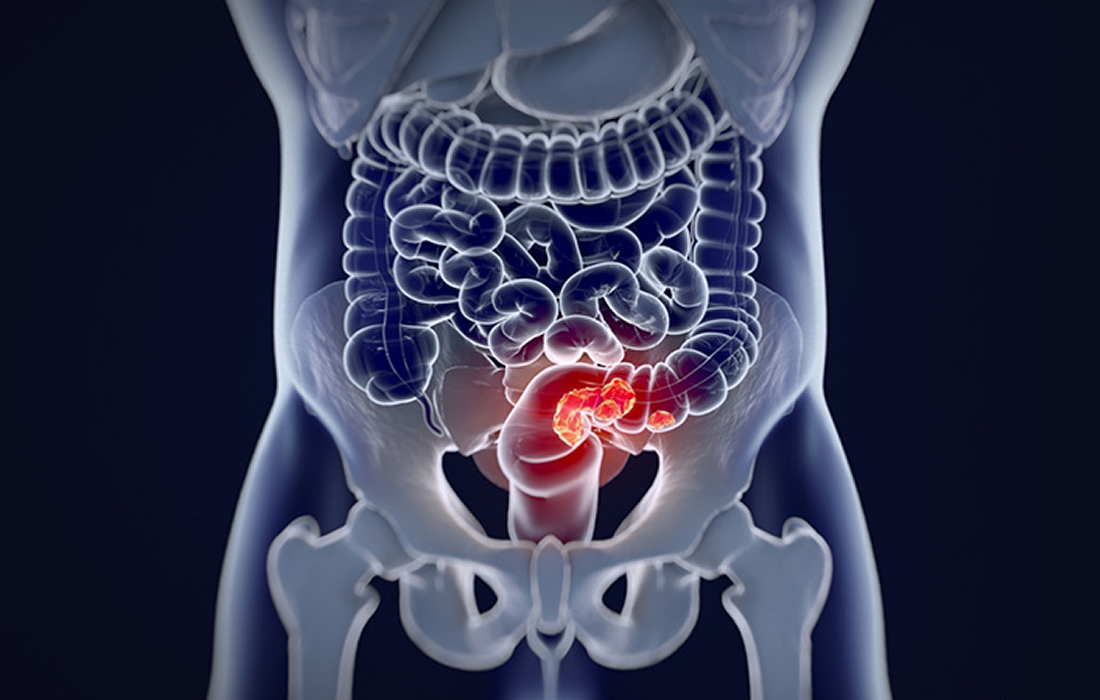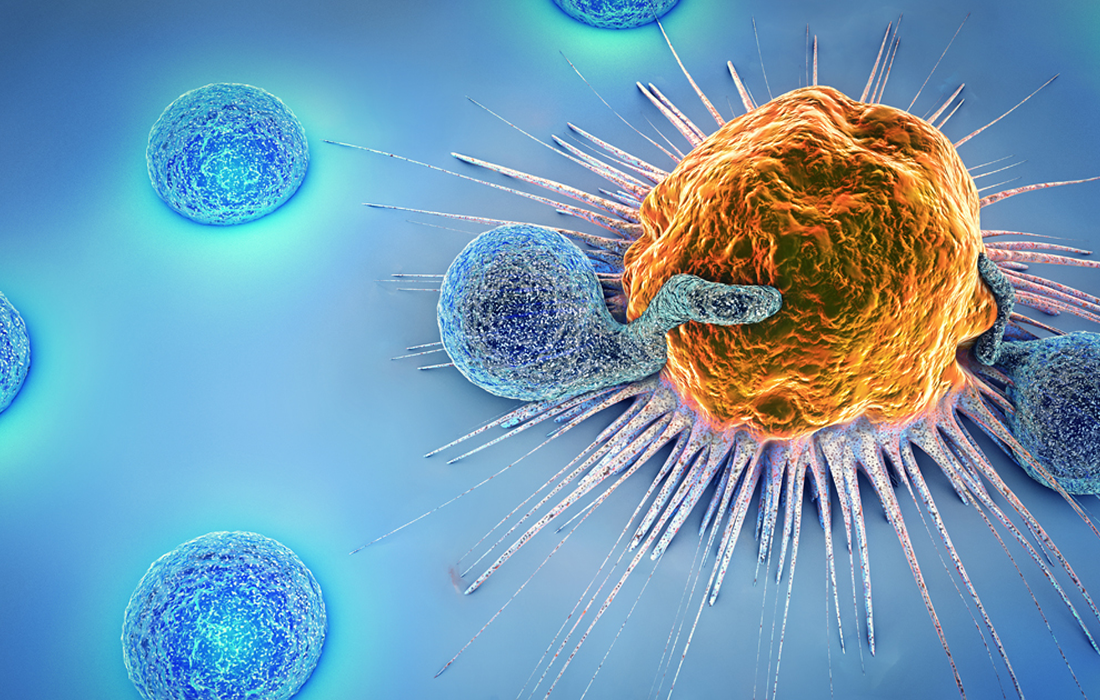Chronic inflammation is a hallmark of atherosclerosis and results from an imbalance between pro-inflammatory and pro-resolving signaling. Resolution of inflammation is regulated by a superfamily of lipid mediators called specialized pro-resolving mediators (SPMs) that consist of several structurally distinct families biosynthesized from polyunsaturated fatty acids, such as resolvings (Rv) and lipoxins (LX). SPMs have effects […]
Author Archives: Francisco Fernandez, MD
Phthalates are a family of chemicals that can be found in plastic and personal care products used by consumers every day and they are known endocrine-disrupting chemicals that can disrupt female reproduction. They are found everywhere: building products, personal care products, food and beverage containers, and medical equipment. Studies have shown an environmentally relevant phthalate […]
Within the last 30 years, the obesity rate for adult Americans has more than doubled from 15% to 32% and currently, it is estimated that two-thirds of Americans are either overweight or obese, a 42% increase since 1980. A primary cause of this obesity epidemic is thought to be gross caloric intake, which has risen […]
In the United States, colorectal cancer (CRC) is the second most frequent cause of cancer-related death. Several screening options are endorsed for average risk CRC screening and have been shown to favorably affect both incidence and mortality outcomes. The Healthy People 2020 objective for CRC screening is to increase the proportion of adults aged 50 […]
The term messenger RNA has become familiar by the general public during the COVID-19 pandemic due to the development of the Pfizer and Moderna vaccines, which work by instructing cells in the body how to make a protein that triggers the immune response against the SARS-CoV-2 virus. However, the technology behind these vaccines has been […]
The survival and reproductive success of all organisms depend upon their ability to obtain food. Accordingly, animals have evolved behavioral and physiological adaptations that enable them to survive periods of food scarcity or absence. When food is not available for extended periods some organisms become dormant; for example, yeast enters a stationary phase, nematodes enter […]
Inside of every human body are trillions of microorganisms, bacteria, viruses, fungi and other life forms that are collectively known as microbiome. The group that attracts the most attention in biomedical research is the one in the gut. To better grasp the part that gut microbes play in health and disease, researchers from around the […]
Earth’s climate has changed throughout history. In the last 650,000 years there have been seven cycles of glacial advance and retreat, with the abrupt end of the last ice age about 11,700 years ago marking the beginning of the modern climate era and of human civilization. Most of these climate changes are attributed to very […]
Nearly 1 in 7 couples is infertile, which means they haven’t been able to conceive a child even though they’ve had frequent, unprotected sexual intercourse for a year or longer. In up to half of these couples, male infertility plays at least a partial role. Globally, up to 15% of couples are unable to have […]
Advanced age is typically associated with a decrease in cognitive function, including the formation and retention of new memories. The hippocampus is critical for a range of learning and memory processes, especially spatial learning. It is also one of the two main regions in the mammalian brain in which new neurons continue to be generated […]










